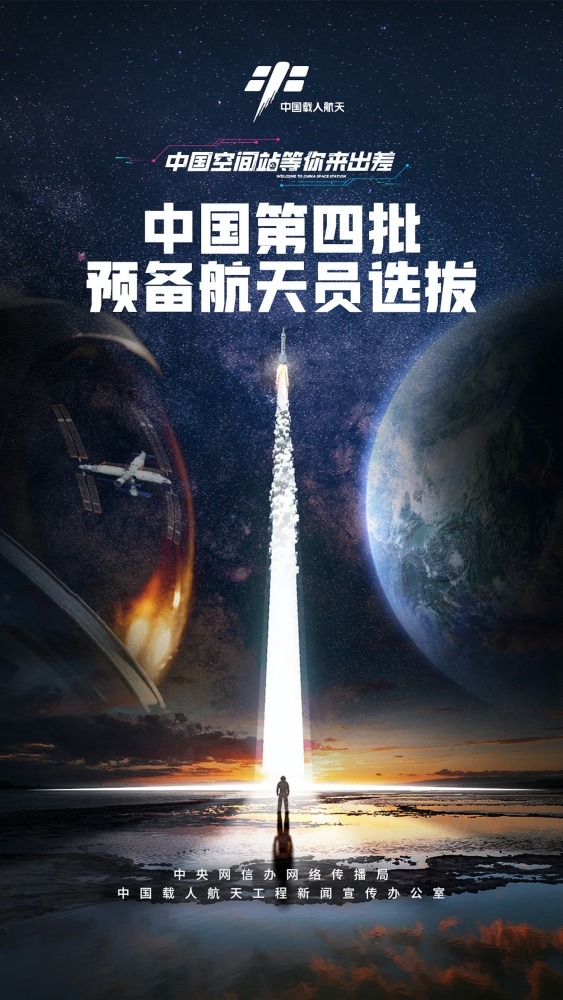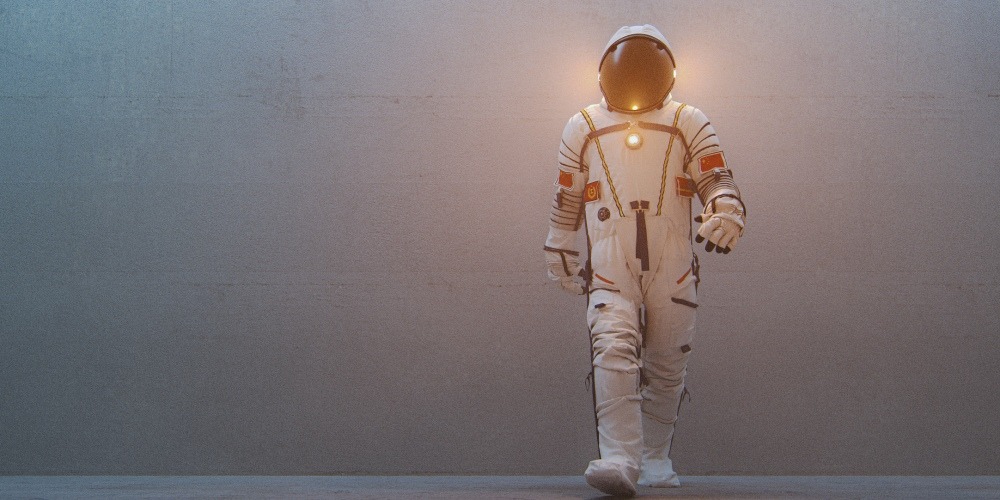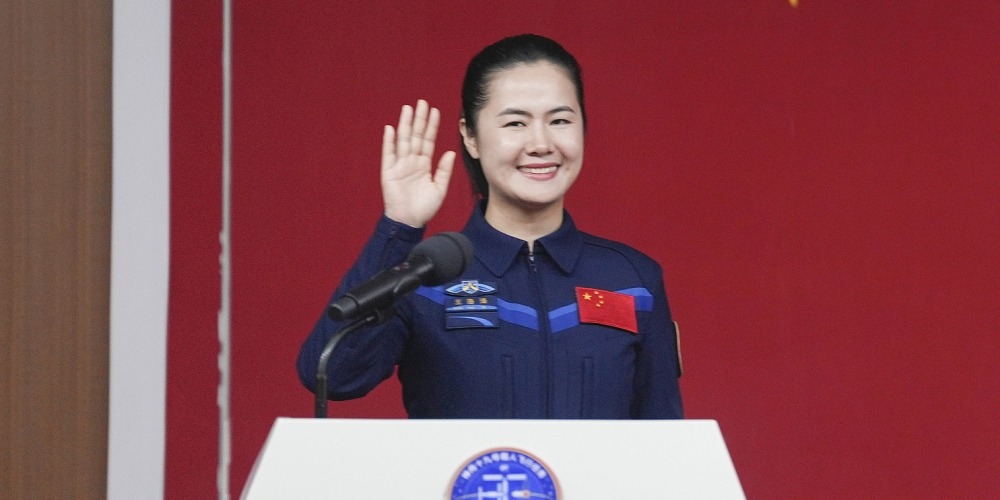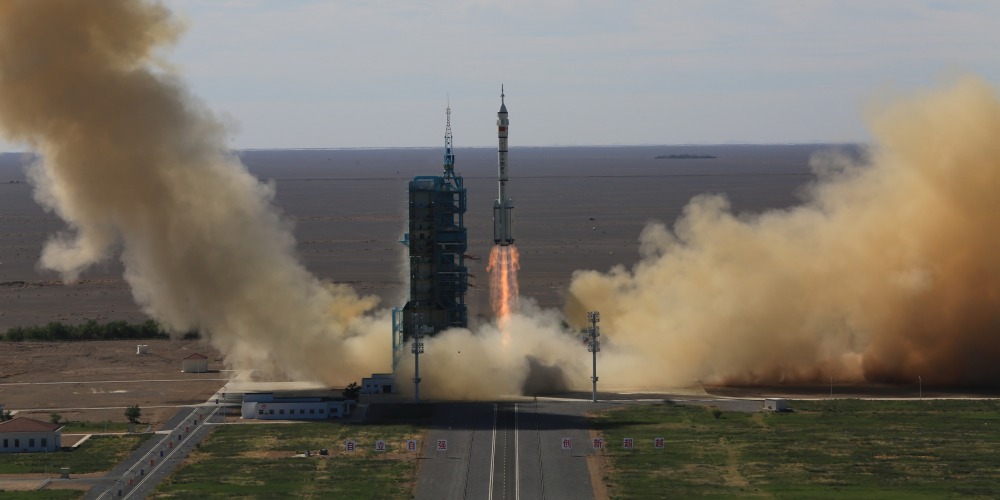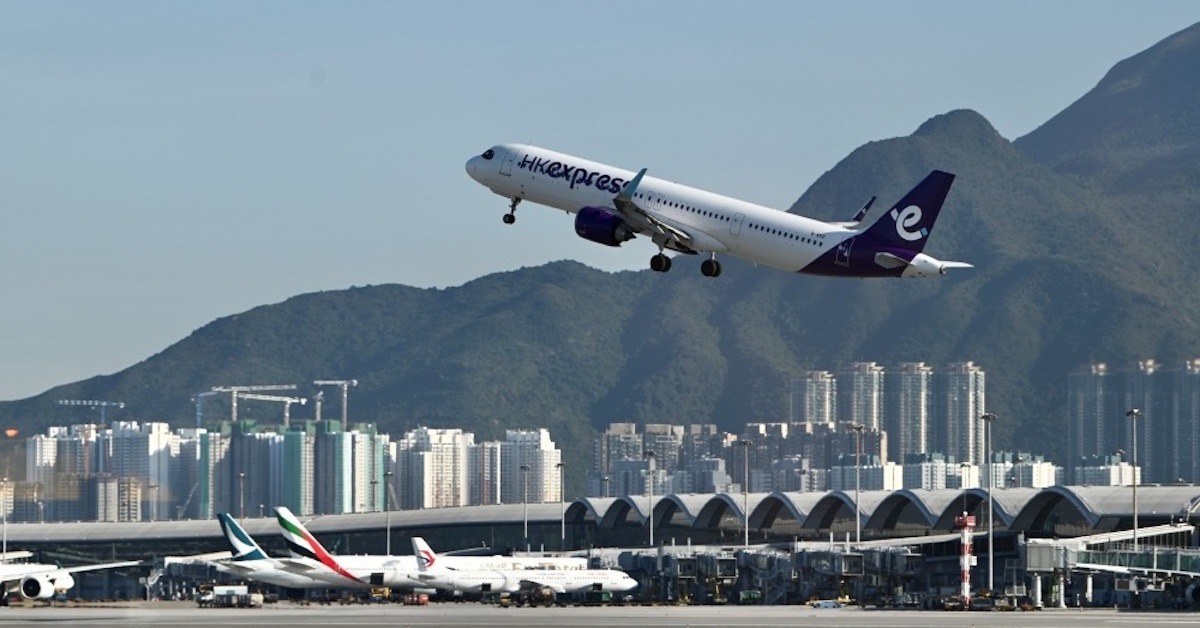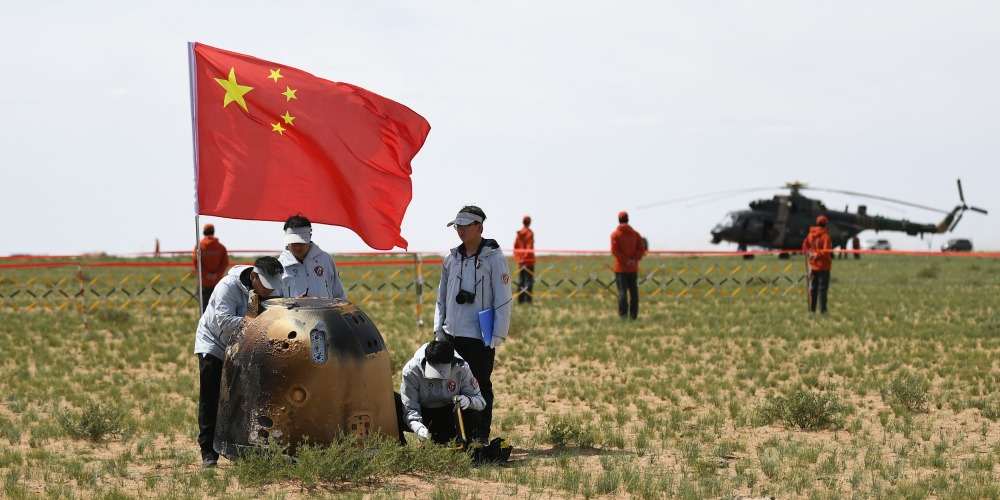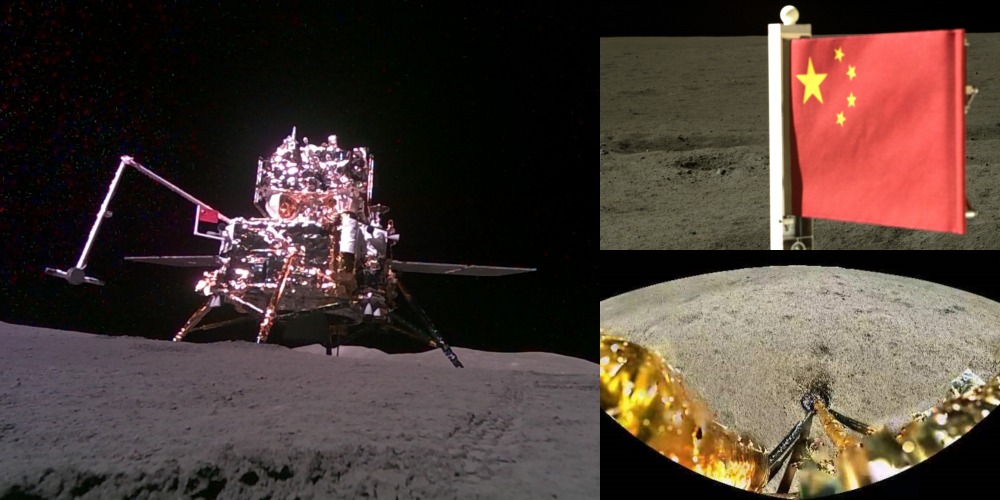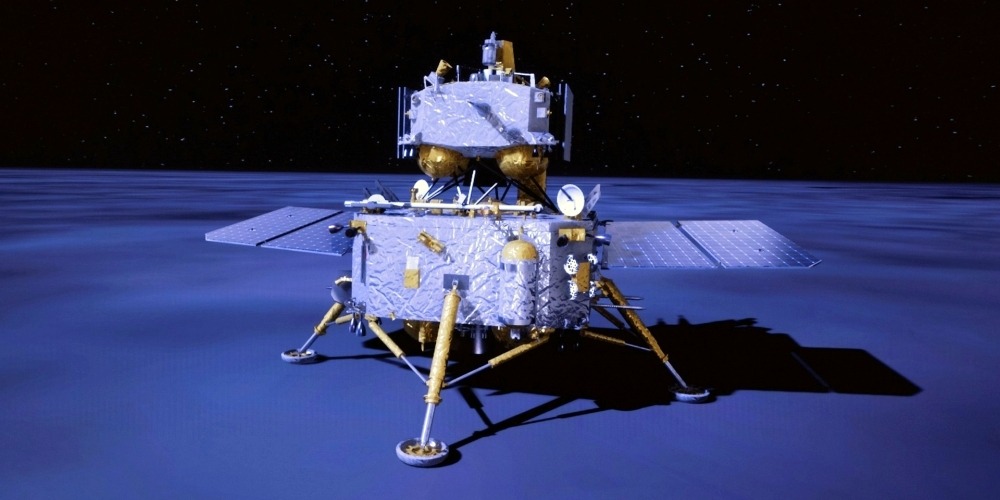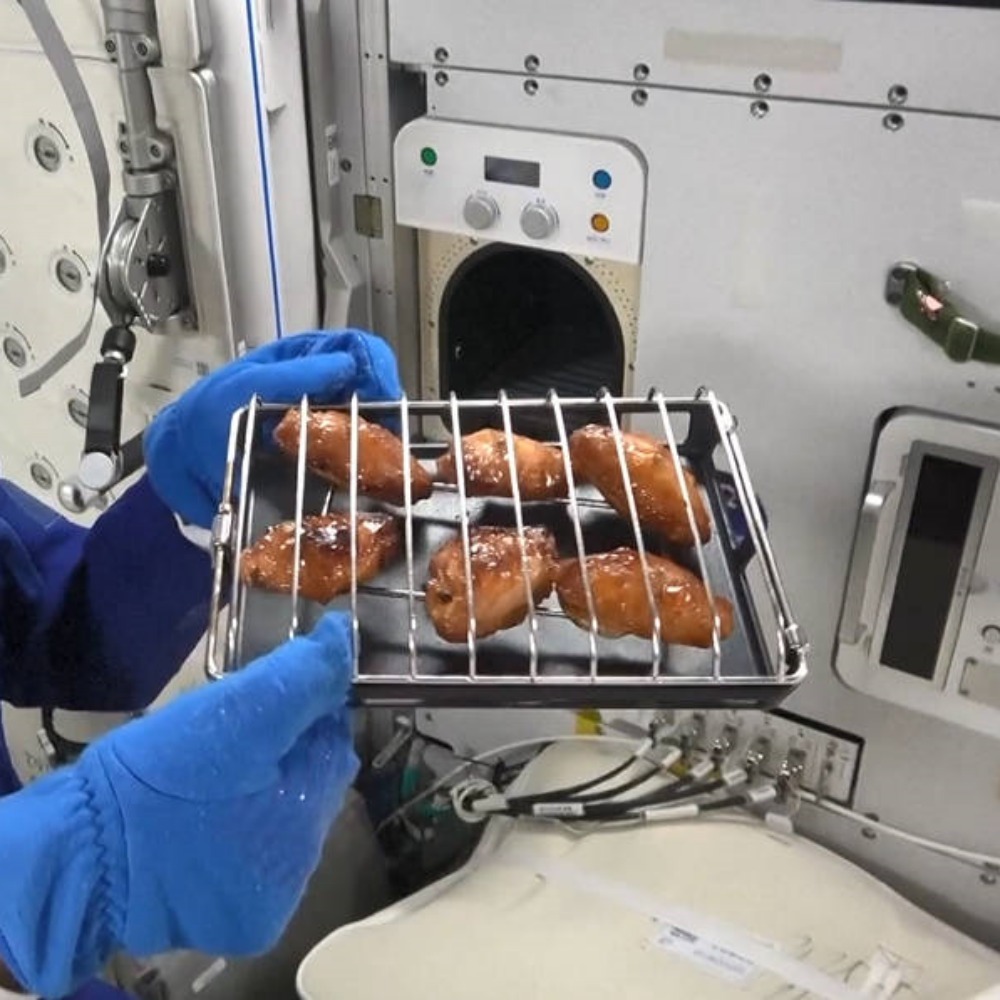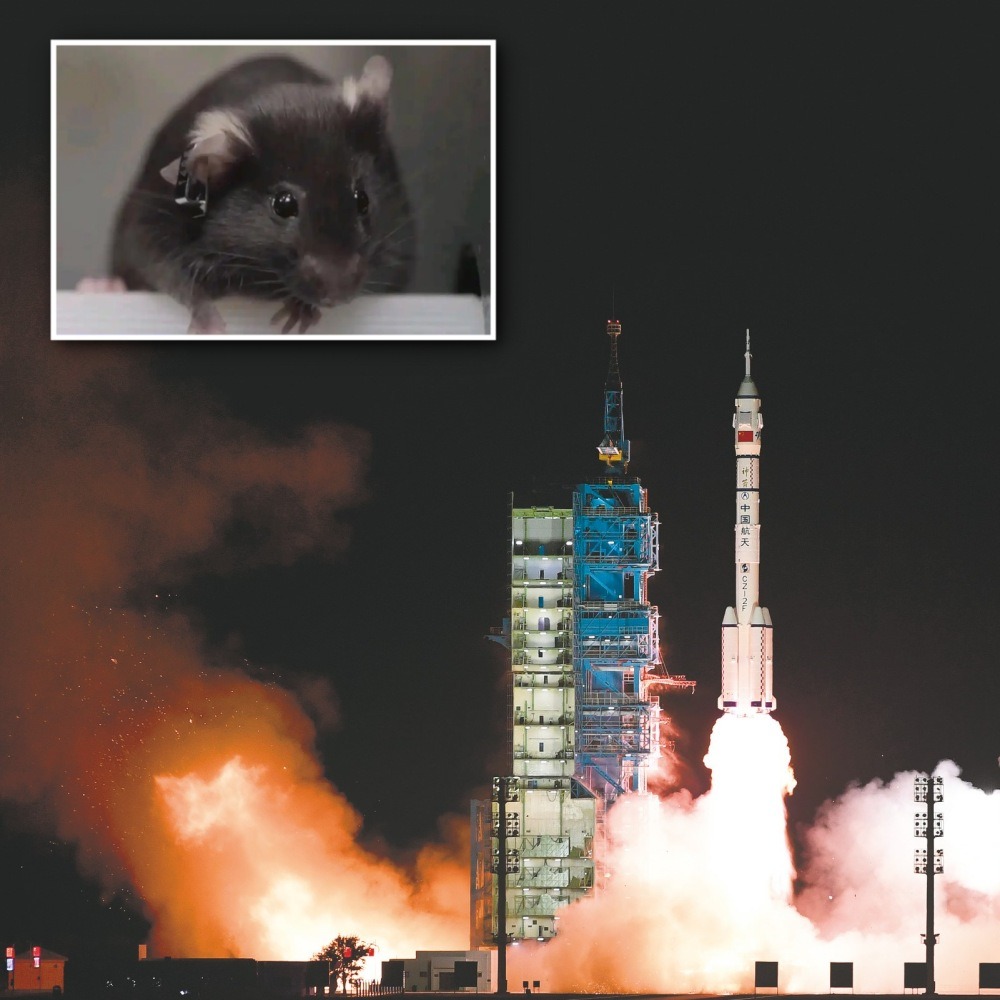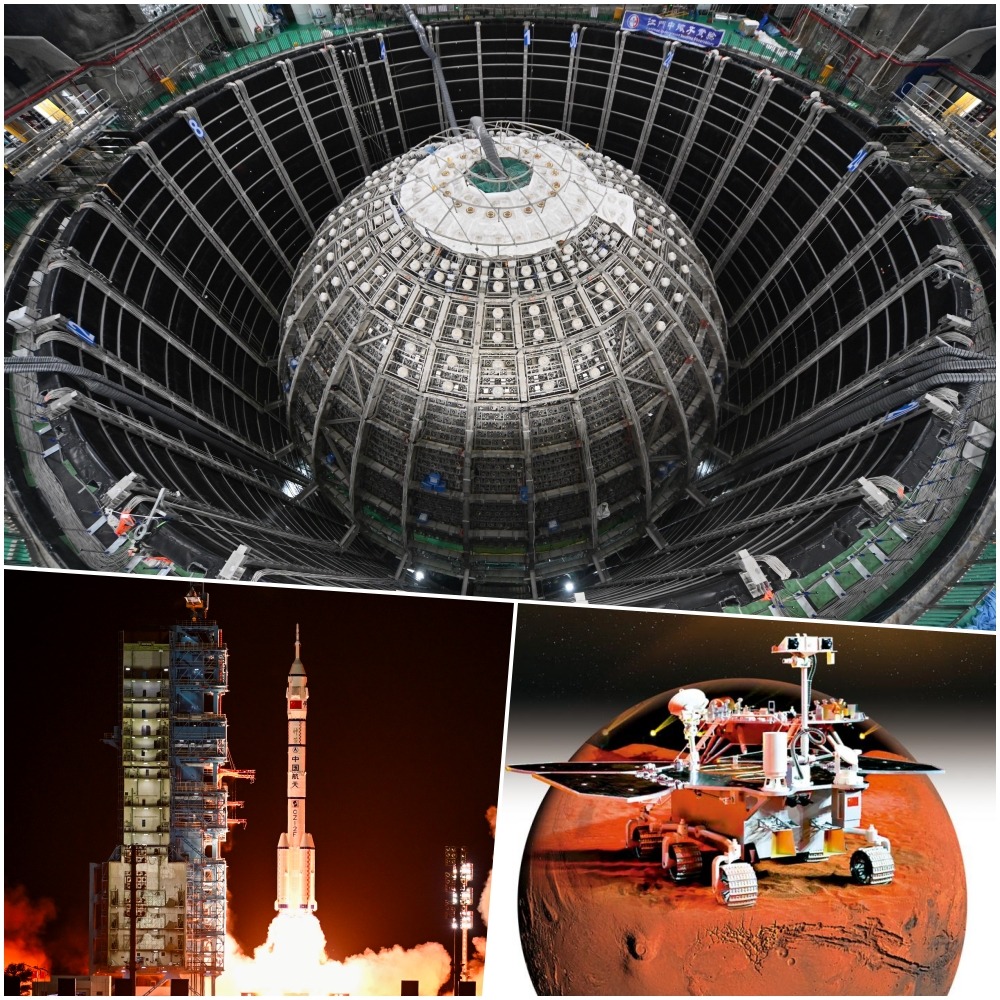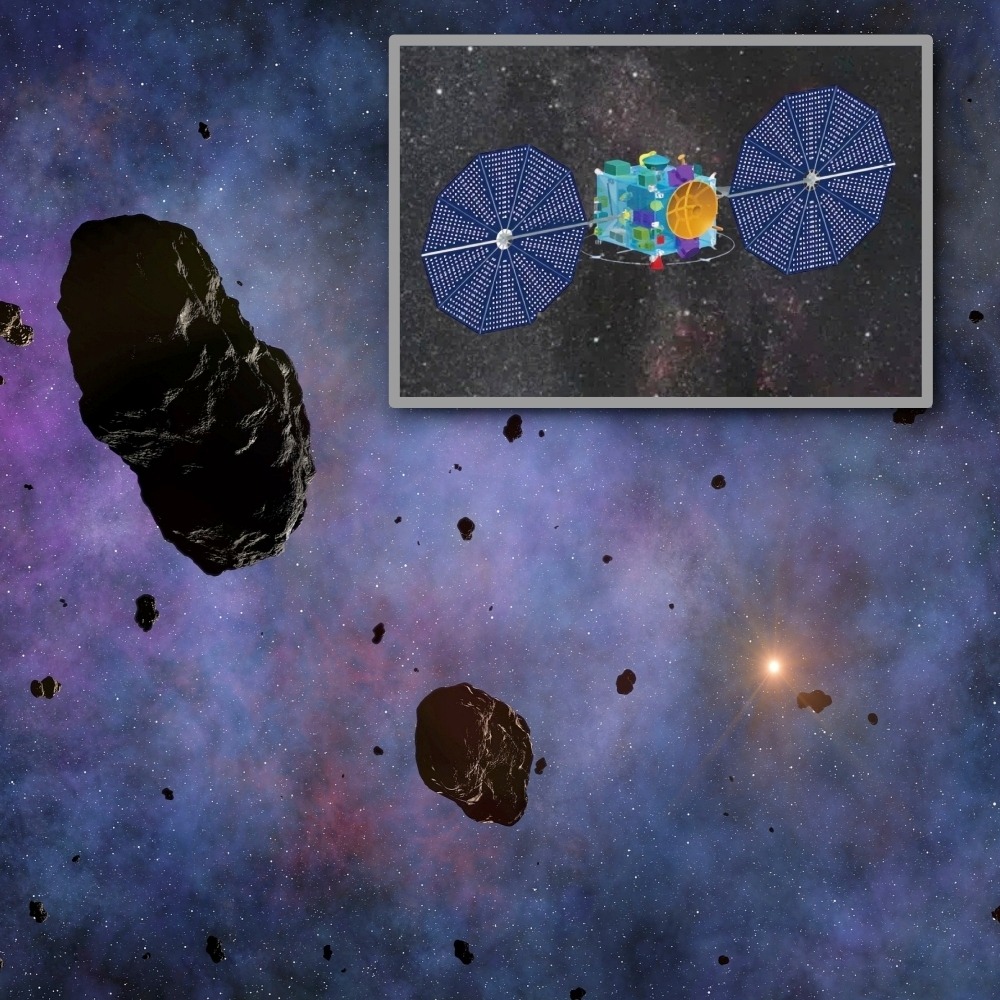Published : 2024-06-11
The selection process for the fourth batch of astronauts in China's manned space project has recently concluded with 10 astronaut candidate being finally selected, including 8 space pilots and 2 payload specialists from Hong Kong and Macao.
This marks the first time that a Hong Kong resident has been selected as a payload specialist in the national manned space project, potentially gaining the opportunity to go to space and participate in research.
What is a "payload specialist"? When will Hong Kong astronaut take flight?
Scientists go to space for high-end experiments
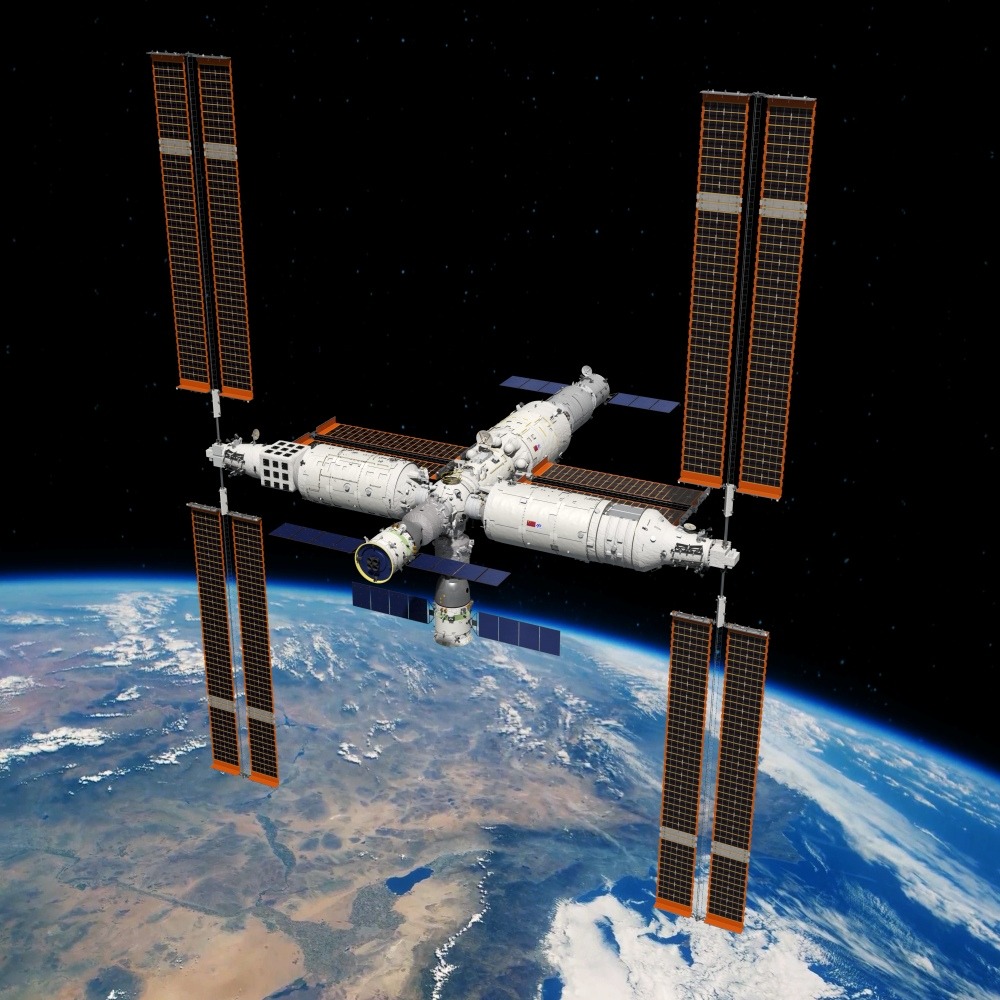
Let's talk about "payload specialists" first.
While the term might sound baffling, it actually refers to equipment, cargo and fuel on the spacecraft, all of which are referred to as payloads.
In particular, payload specialists mainly deal with experimental instruments. In simple terms, payload specialists are scientists who conduct high-end experiments in space.
The concept of payload specialists is not new in China's manned space domain.
The first two batches, consisting of 21 astronauts including familiar names like Yang Liwei, Liu Yang, Wang Yaping, were selected from air force pilots. They primarily piloted spacecraft and were considered "professional astronauts".
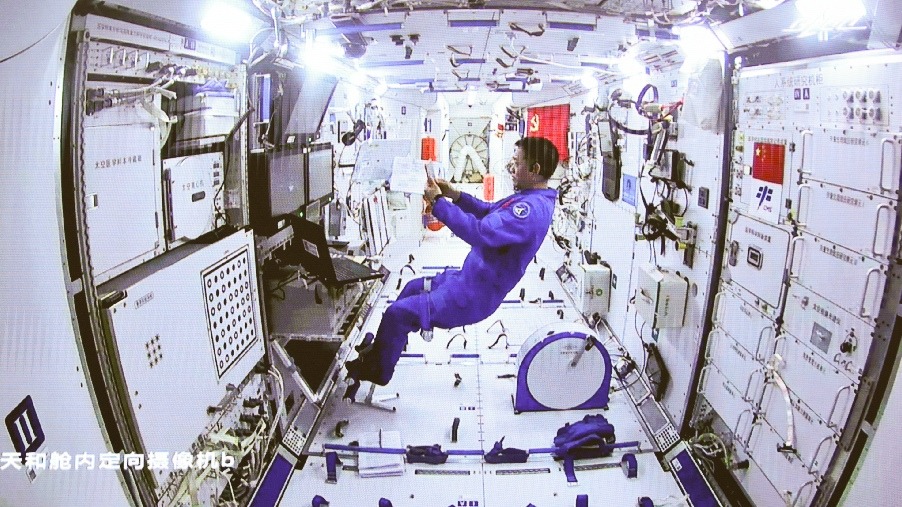
Starting with the third batch of astronauts selected in 2018, in addition to space pilots, the authorities added space flight engineers responsible for space station construction and maintenance, as well as payload specialists.
The former are "professional astronauts", while the latter are considered "non-professional astronauts". The requirements for the physiological and psychological conditions of these "non-professional astronauts" may not be as strict as those for the professionals, but they are also required to master their own areas of work and undertake training in other skills.
It is known that among the third batch of 18 Chinese astronauts, 4 are payload specialists. As of 2022, they have not yet embarked on a space mission, and their identities have not been revealed.
When will the Hong Kong payload specialist be able to go to space? When will they be stationed in the "Tiangong" space station?
There are no precise answers yet, but it should at least be two or three years from now. Why does it take so long?
Strict requirements for astronaut candidates
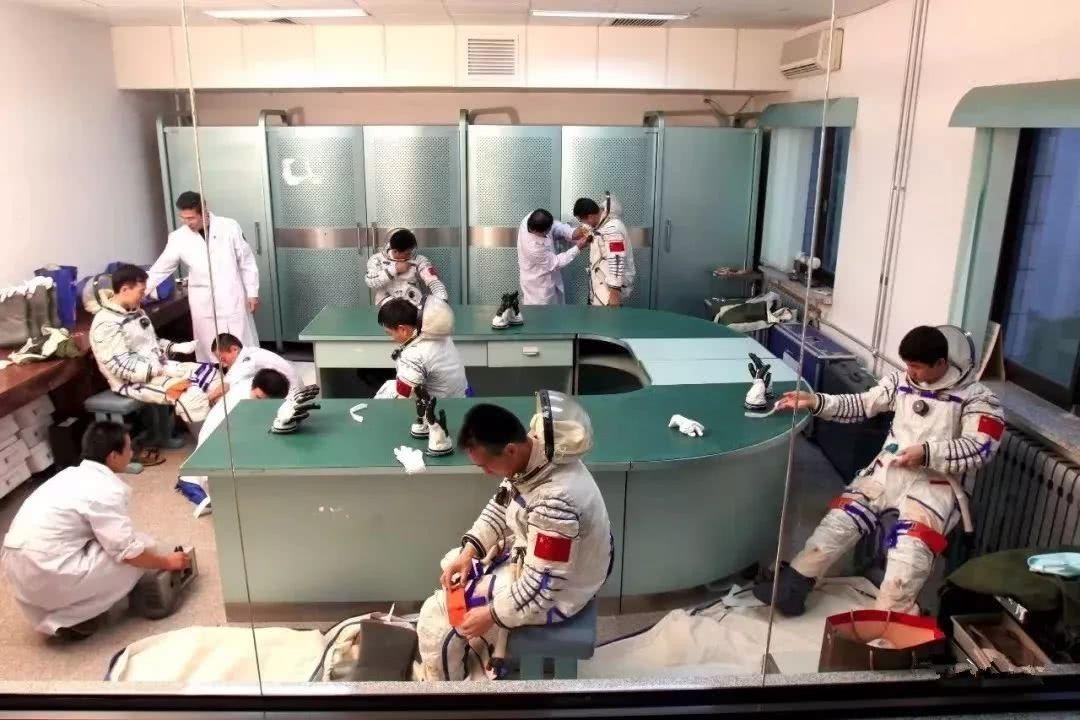
Has anyone noticed that the term "candidate" is used in the selection of the fourth batch of astronaut candidates?
In many media reports, to avoid causing confusion among readers, astronaut candidates are often referred to as "astronauts" or "spacemen", but there actually is a distinction to be made.
According to the explanation provided by "Astronaut Headmistress" Huang Weifen, the selection of astronaut candidates involves choosing, from various professions, those who meet the standards, have a solid foundation, and are qualified to undergo training.
The phrase "qualified to participate in training" indicates that astronaut candidates still have a long way to go before actually going to space.
First of all, those who apply for the selection of astronaut candidates must meet some criteria. There are four areas of assessment: basic requirements, medical, psychological, and comprehensive evaluation.
For example, the basic requirements include 43 items, such as age, height, and education background, while the medical evaluation includes various clinical inspections and physiological function checks.
The "endurance and suitability to the space environment" involves tests of overload endurance, hypoxia endurance, noise endurance, etc.
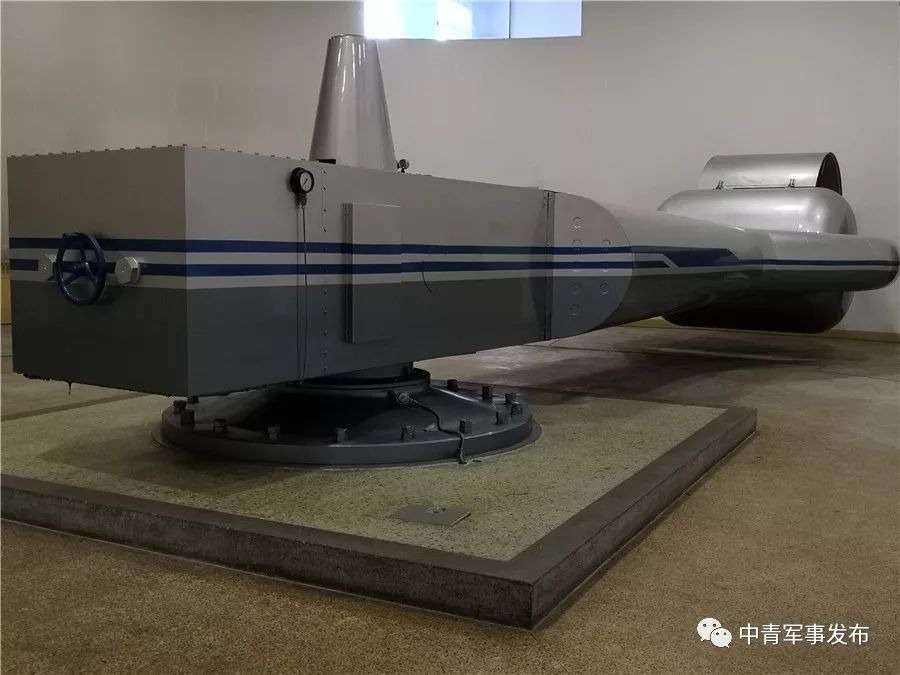
Drawing on past experience, from submission of application, through various tests and checks, preliminary selection, reselection, to final selection, the process takes about one to two years.
As mentioned earlier, those who stand out are only "qualified to participate in training" as astronaut candidates. They still have to go through "hellish" training and pass assessments before becoming qualified astronauts.
It is reported that there are more than eight categories and hundreds of subjects involved in the relevant training, with many training units in each subject.
These areas encompass medicine, physiology, psychology, various space science theories, engineering techniques, etc. It is widely agreed that the most "painful" part among these is the centrifuge training.
Astronaut training covers eight categories and over a hundred subjects
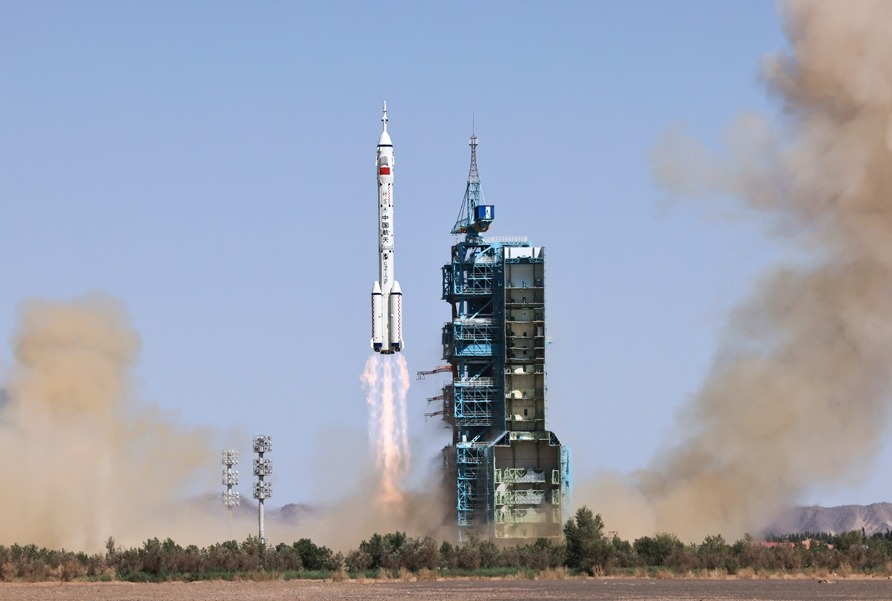
How long does it take to complete the training? An article on the official website of China Manned Space stated that it generally takes about 4 years.
As shown in the resume of Liu Yang, China's first female astronaut, she was selected as an astronaut candidate in 2010 and flew into space for the first time in 2012, accounting for about two years of training. The two numbers above can be used as a reference.
Additionally, considering that Hong Kong's payload specialists fall under the category of "non-professional astronauts", their training courses might be slightly "simplified" and the duration might be a bit shorter, but the specific situation still needs to be observed.
Finally, there's another variable as to when the Hong Kong astronaut can go to space: even astronauts qualified can't just "fly whenever you want".
They need to be selected again to become a member of the "flight crew" for a specific mission before they can actually take off.
When will they be selected? It's very "flexible". Liu Yang flew into space shortly after completing her training, while Deng Qingming from the first batch of astronauts has waited for 25 years.
Of course, with the authorities selecting payload specialists for the first time in Hong Kong and Macao, everyone believes that once Hong Kong residents are successfully selected and trained, they should have a chance to fly into space soon.
Doctoral degree and 3 years of experience required
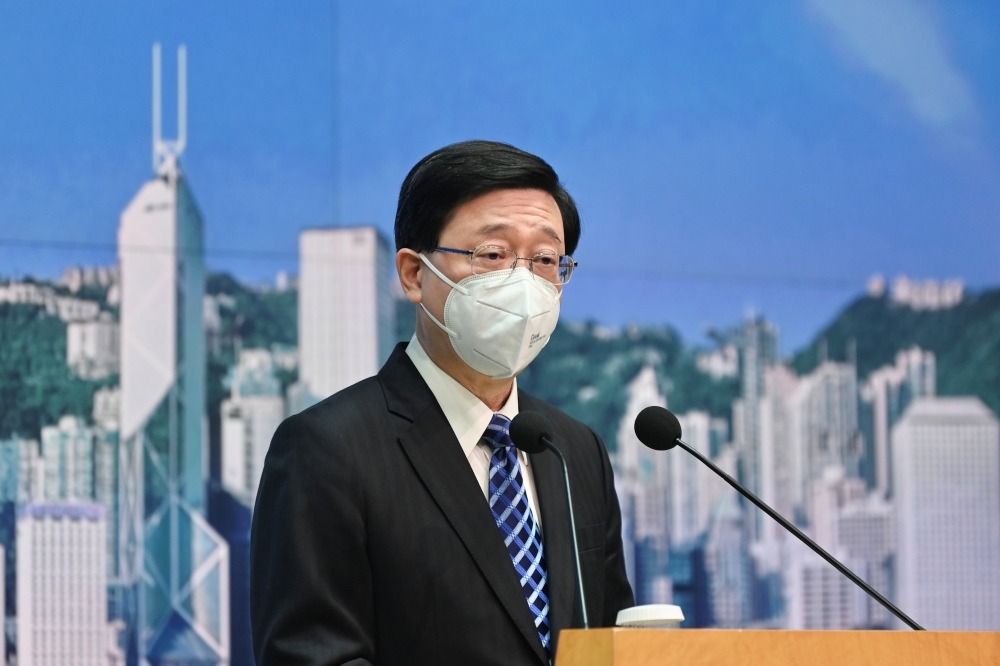
According to reports, recruitment for Hong Kong payload specialists are conducted through 11 local universities, five Government research and development centres, the Hong Kong Productivity Council (HKPC), research institutions or companies at the Hong Kong Science Park and Cyberport, as well as government departments and the Hospital Authority.
Applicants should be between 30 and 45 years old and Hong Kong residents who are Chinese citizens.
Male applicants should be between 162 and 175 centimetres in height, and women should be between 160 and 175 centimetres. They need to be physically fit, not allergic, and have no diseases that can affect space flights.
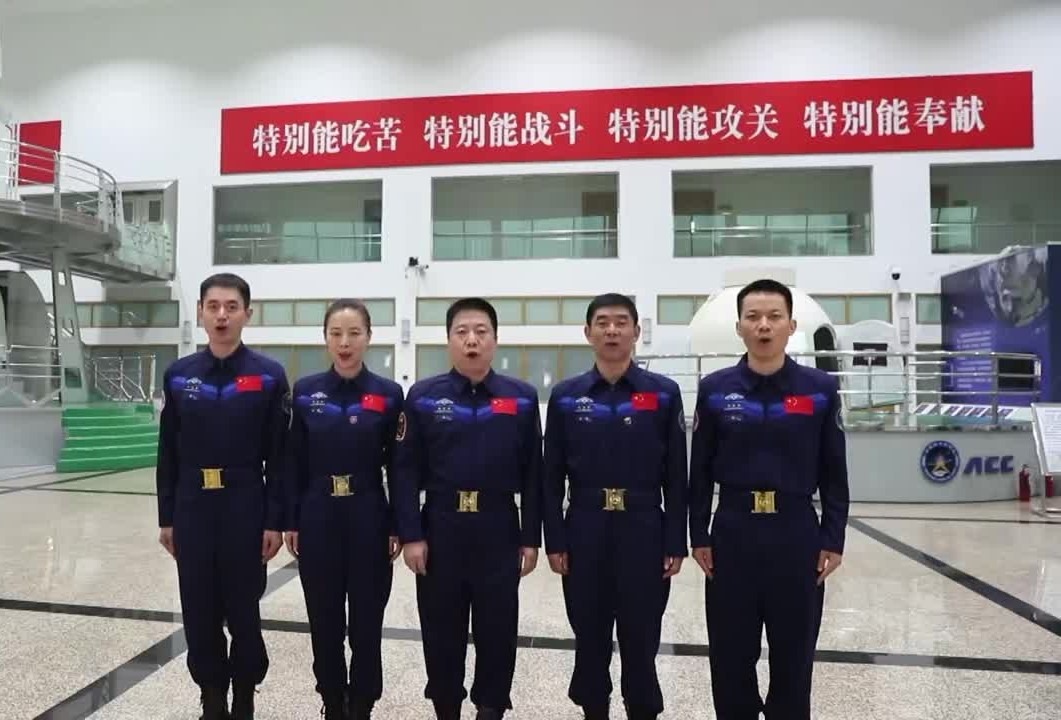
In addition, applicants should have at least a doctoral degree and no less than 3 years of work experience in their professional field.
Moreover, the authorities have released promotional videos and posters. The roughly two and a half minute long promotional video features several serving Chinese astronauts, including Yang Liwei, Wang Yaping, Chen Dong, Liu Yang, and Zhai Zhigang, as they collectively express "We are looking forward to your joining" and "The Chinese Space Station is waiting for you to come on a business trip".
The poster also incorporates elements such as rockets taking off and the Chinese space station, with the slogan "Waiting for you to come on a business trip" featured prominently.
Read more: Four scientists transform into astronauts to join the Chinese Tiangong Space Station
Read more: Hong Kong Government: Fully cooperate with the payload specialist selection work
